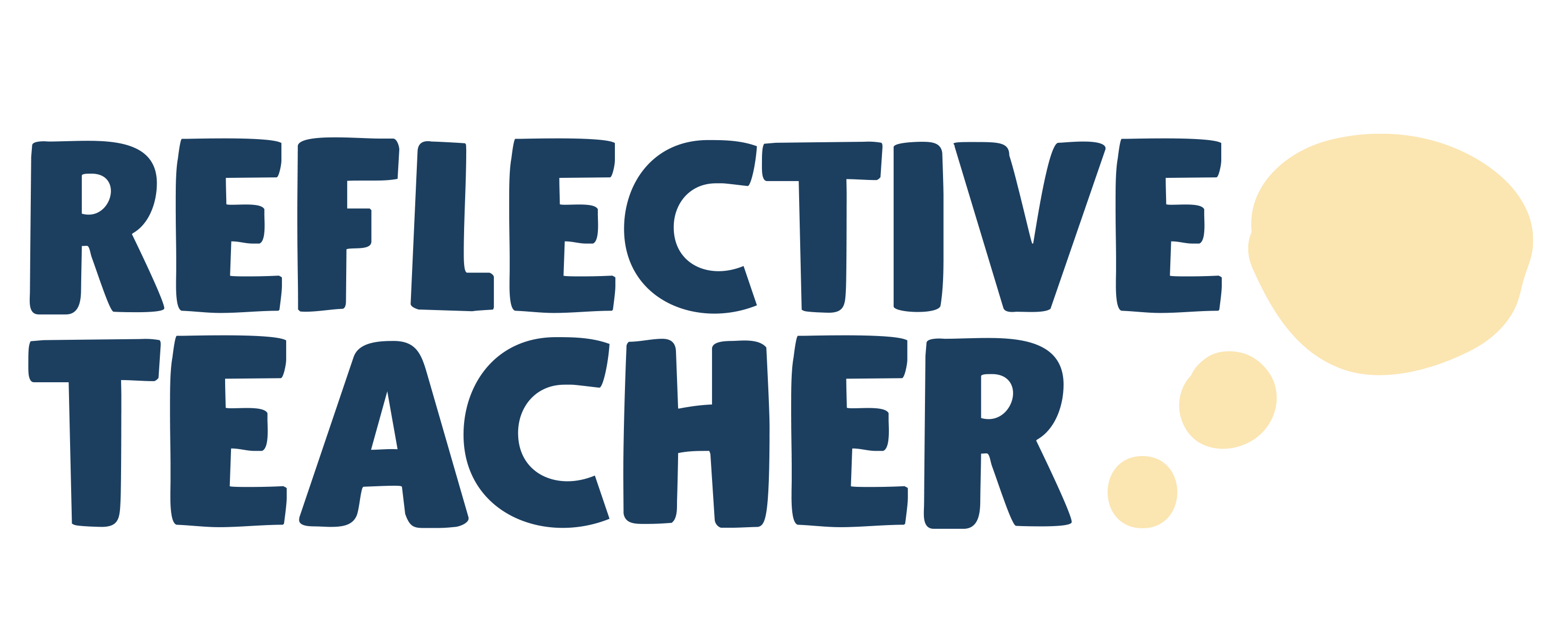In our last blog we outlined the importance of lesson observation and how it helps your development and progress as a teacher, whatever stage of your career you’re at. Peer observation is an important part of this journey, as by observing each other, you and your colleagues will learn from one another. But how do you give your fellow teacher lesson observation feedback without sounding as though you’re picking holes in their method or insinuating that they’re bad at their job?
Here’s some advice on how to be constructive in your delivery and ensure there isn’t a bad atmosphere in the staff room afterwards.
Starting point
Before the class, have a chat with the teacher you’ll be observing and ask if there’s any particular area they’d like lesson observation feedback on.
Remember, you’re not evaluating them. Instead, this is an opportunity to collaborate productively, discuss best practices and support each other.
Lesson observation feedback – summary
Before launching into your summary of the class, ask the teacher what they thought about the lesson. What do they feel went well? Or didn’t. What could have been better? Encourage them to share their thoughts and ask questions about the lesson.
Pick out a few examples of where the teacher performed strongest and explain why you feel it was successful. For example: ‘When you said X, the students seemed to respond well because…’ or ‘When you did activity Y, the students engaged with it because…’.
Feedback is most effective when the comments have been invited, so that they listen openly without feeling defensive. If the teacher you’re observing doesn’t ask for your thoughts, try asking for their permission. One way could be: ‘I’ve got some feedback on the areas you asked me to specifically focus on. Are you ready?’ Or: ‘We’re both committed to giving our students the best learning opportunities. I’ve got some suggestions that could help with that. Is it ok to share my ideas?’
Choose your words carefully
The way you phrase your lesson observation feedback makes all the difference. You want the teacher to come away feeling motivated at the prospect of developing their skillset, rather than demoralised and tempted to run away and join the circus. Even if a lesson went so terribly that Jack Black in School of Rock looked worthy of an NTA in comparison, there are better ways to voice this than by saying: ‘It didn’t get off to a great start, had petered off by the end and the less said about the middle the better.’
Use open questions and make it a conversation rather than a lecture. Involve the teacher in finding a solution to any areas that need addressing. For example, ask how an activity could be changed or adapted to make it more engaging to the students. Or ask how a lesson could be reframed to better fit a certain part of the syllabus.
Sharing is caring
Share your own experiences, but don’t force your teaching style on them. Instead, encourage them to come up with a way to consider these methods for their own teaching in a way that they feel comfortable with. For example, rather than saying: ‘I would have done it like this…’, try: ‘When X happened to me, I found doing Y useful. What situations do you think could benefit from this kind of approach?’
Finish line
Finish your lesson observation feedback by asking the teacher what they found helpful. Is there anything you said that they’d like more information about? How do they feel the feedback will benefit their teaching?
Always close the feedback session with praise. Acknowledge their good work and recognise that they’re doing their best and are committed to providing the best education possible for the students.
Hopefully this all helps and you now feel confident enough to share your findings without risking any bad feeling. Save that for the fight over biscuits in the staff room.
To learn how Reflective Teacher can facilitate lesson observation feedback, click here.



Comments are closed